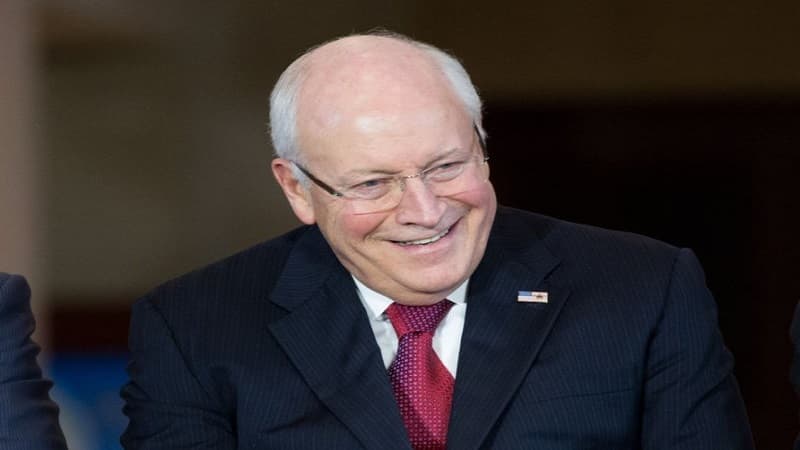Why it matters:
Cheney’s death closes the chapter on one of Washington’s most consequential and controversial political figures. His outsized influence reshaped the post-9/11 U.S. presidency — and his polarizing record continues to define debates over American power, interventionism, and accountability.
The big picture:
Serving as vice president from 2001 to 2009 under President George W. Bush, Cheney wielded unprecedented authority for a second-in-command. He was a shadow architect of the administration’s foreign and security policies following the September 11 attacks.
Driving the news:
Cheney’s family announced his death in a statement Tuesday, citing complications from pneumonia and chronic heart conditions that had plagued him for decades. He suffered multiple heart attacks throughout his life and underwent a heart transplant in 2012.
Go deeper:
Cheney was among the staunchest advocates of the 2003 U.S. invasion of Iraq, insisting Saddam Hussein possessed weapons of mass destruction and suggesting links between Iraq and al-Qaeda. Both claims were later discredited.
Despite the absence of such weapons, Cheney defended the invasion for years, calling it justified based on the intelligence available at the time.

